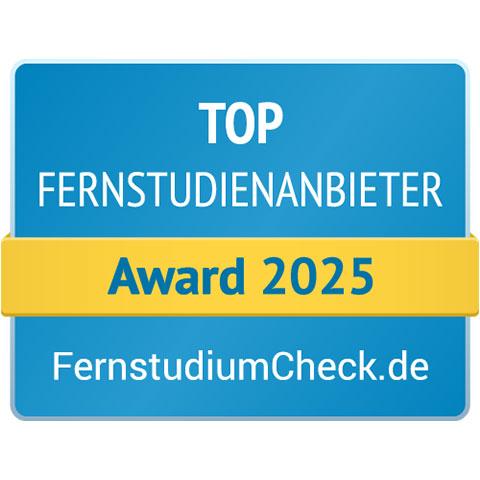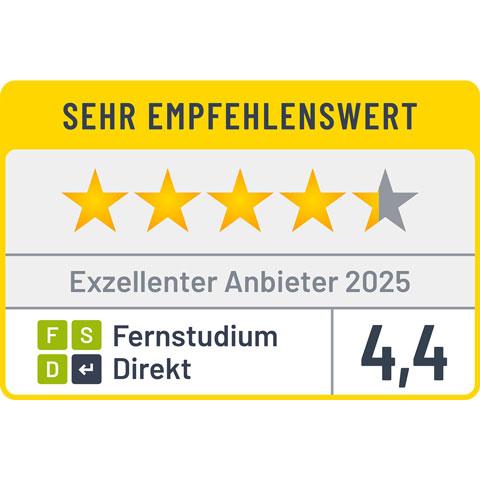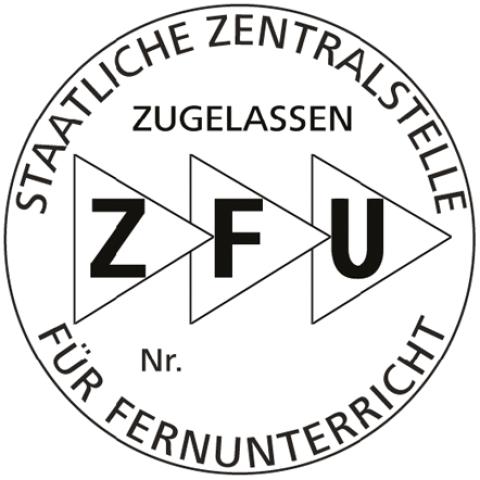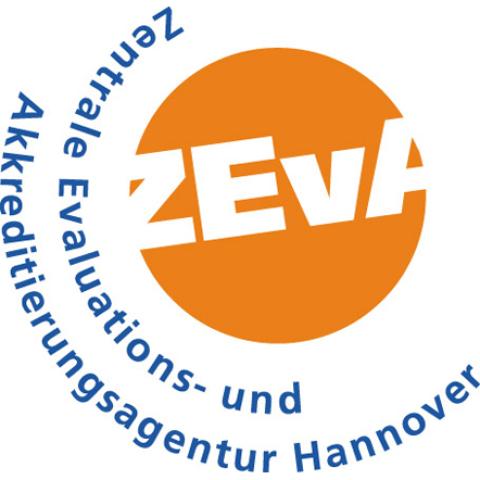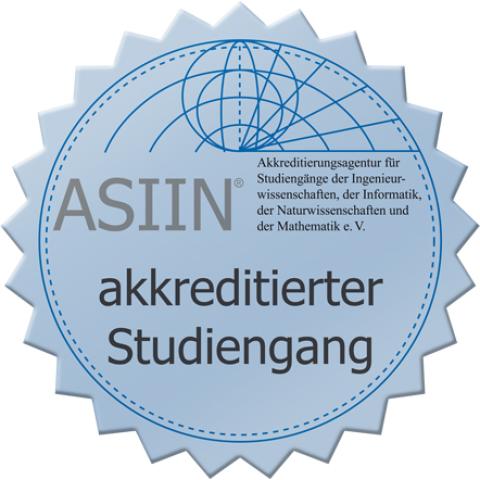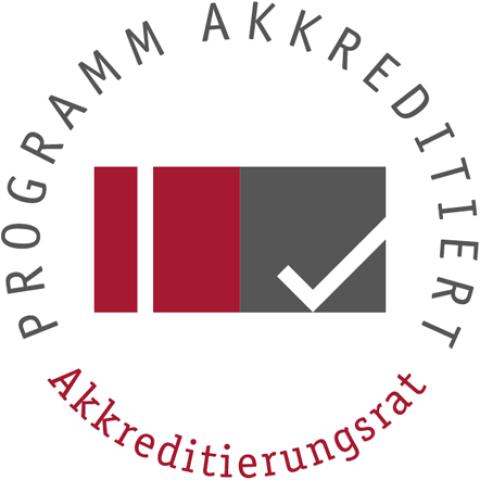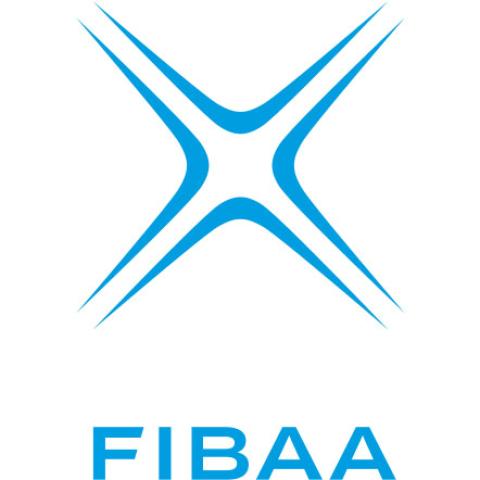Start a new adventure
Embarking on an international study journey marks a new chapter in your career, one that promises significant benefits for your professional development. We understand that this is an exciting time, and that’s why we provide the education you need to succeed.
At PFH, we offer eight Master's programmes in Management and Engineering, each designed to equip you with the skills and knowledge for a smooth transition into the job market. Our programmes are tailored to meet industry demands, and we keep class sizes small to ensure individual attention for every student.
Recognised by the Lower Saxony Ministry of Science and Culture in 1995, PFH University of Applied Sciences is Lower Saxony's oldest private, state-recognised university. It was founded to align students to the real needs of the economy. Reaccredited by the Science Council, the university focuses on entrepreneurial thinking.
There are two campus locations, Göttingen and Stade, as well as numerous distance learning centres across Germany and Austria.
Fields of Study
Study programmes in the areas of Management (General Management, Computer Science for Business, MBA), Technology (Digitalization & Automation, Industrial Engineering, Lightweight Engineering & Composites, New Mobility - Micromobility) and UX Management & Design
Contact PFH's International Counselling Team
From recruitment, through your student life and after your studies at PFH, our team is here to help you!


Computer Science for Business, Master of Science

Digitalization and Automation, Master of Science

General Management, Master of Science

Industrial Engineering, Master of Science

Lightweight Engineering & Composites, Master of Science

MBA, Master of Business Administration

New Mobility - Micromobility, Master of Science

User Experience Management & Design, Master of Science
Welcome to PFH
Get ready to embark on a global academic journey at PFH, where we warmly welcome students from all corners of the world. Our vibrant campus and diverse community offer the perfect setting for you to thrive in your studies and connect with fellow international students. Join us in this exciting adventure and make lifelong memories while reaching your academic goals.
FAQ
You can transfer your fees through https://pfh.flywire.com
At PFH University, you can apply at any time.
- Application form via our website
- Curriculum Vitae (CV)
- Letter of Motivation
- School leaving certificate (University Entrance Certificate)
- Bachelor's degree certificate (or provisional certificate, if not yet awarded)
- Transcript of records for your Bachelor's degree
- Proof of English proficiency (minimum B2 level)
- English language certificate: TOEFL iBT 86, IELTS 6.5, Duolingo, or equivalent.
- Document stating that the medium of instruction of your Bachelor’s course was English.
- Proof of one year of work experience, such as an official written statement from the company.
- For applicants of Lightweight Engineering & Composites: at least one year’s work experience in Engineering or Engineering-related fields is mandatory
- For applicants of MBA: at least one year’s work experience is mandatory
- For applicants of other programmes: an employment reference is optional, though highly recommended
- Copy of passport
- Digital photo for your university card
Yes, you will need proof of advanced English language skills, e.g., Bachelor’s degree taught in English, TOEFL, IELTS, ESOL CAE or BEC Higher.
If you are a citizen of a country in the EU, EEA or Switzerland, you do not require a visa or other documentation to enter Germany and study here. However, once you arrive and find accommodation, you must register at the local residents’ registration office.
If you come from a country other than the ones named above, you will require a visa. For more information specific to your home country, please visit the Federal Foreign Office website.
At PFH University, we offer international students three types of scholarships:
- STIBET-Programmes
- DAAD Prize
- Deutschland Stipendium/Germany Scholarship
For more information on each of the scholarships, click here.
During your studies, you are generally allowed to do 120 full days or 240 half-days of paid work and take small student jobs. In exceptional circumstances, your local Foreign Office may impose further restrictions.
International students coming to Germany have two options when it comes to accommodation: student halls of residence and private accommodation. For more information, you can visit the Accommodation Finder from the Federal Ministry of Education and Research or contact our International Office.
When you compare Germany to other European countries, you’ll find that it’s not very expensive. The living costs are just slightly higher than the EU average, with rent being the largest expense. On average, students in Germany spend around 850 EUR per month (750 EUR in Göttingen for the management degree).
Get your free info package in just 2 minutes


